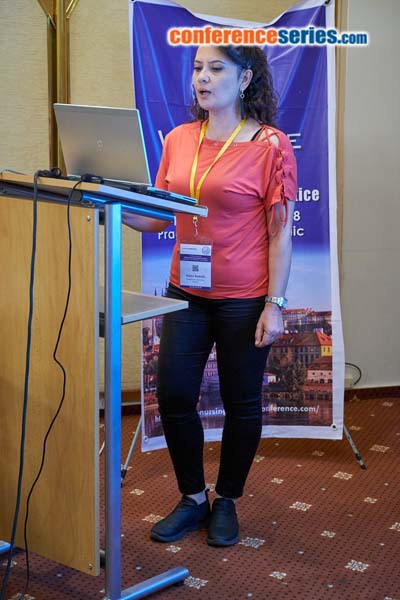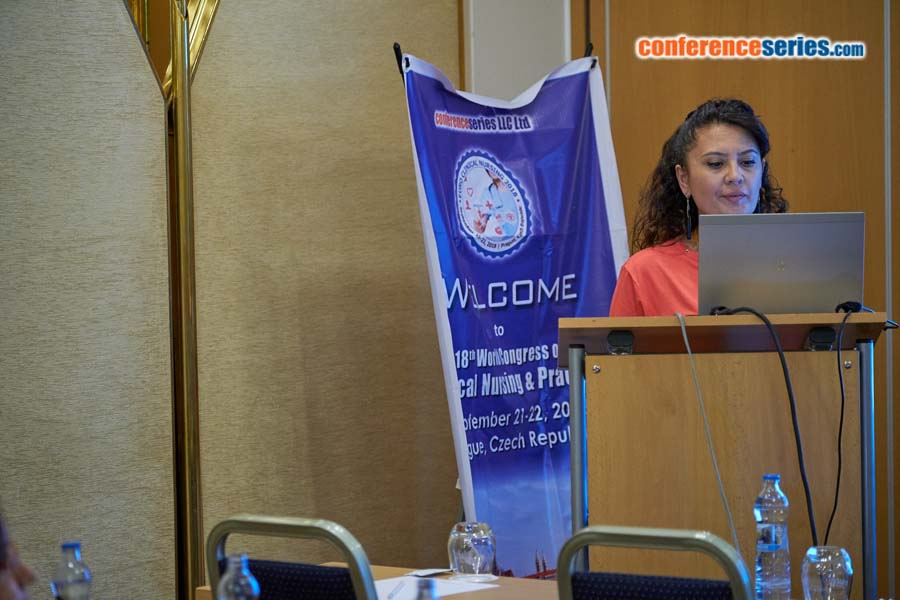
Hatice Baskale
Pamukkale University, Turkey
Title: Life satisfaction and cope of mothers with epileptic children
Biography
Biography: Hatice Baskale
Abstract
Epileptic children can be affected positively when family members have a higher life satisfaction and better cope with problems. Determining the life satisfaction and coping behaviors of the families’ may contribute to developing comprehensive strategies and creating a holistic perspective. The aim of this descriptive study was to determine the life satisfaction and coping behaviors of the mothers of children with epilepsy. 60 mothers with epileptic children were taken for the study. Sociodemographic Information Form, COPE and The Satisfaction with Life Scale (SWLS) were used for data collection. Descriptive statistics, t-test and Pearson’s correlation analysis were done. While the average age of the children was 8.44 ± 5.26, 53.3% of them were male. It have been determined that 60% of the surveyed mothers received 5 years of education and 71.7% did not work. The vast majority of the mothers defined the economic condition of the family as medium. Mothers whose economic status was moderate had higher "Life Satisfaction Scale" scores and they used "Dysfunctional Coping". Parental emotional coping behavior and the use of harmonious coping strategies are an ineffective form of coping as they increase parental stress. Families of children with epilepsy and other chronic diseases need psychosocial support. Adaptation of child to the illness leads mother's positive coping. By recognizing the coping strategies used by the family and the risk indicators of poor coping, health professionals can find suitable ways to support family adaptation.
Speaker Presentations
Speaker PPTs Click Here





